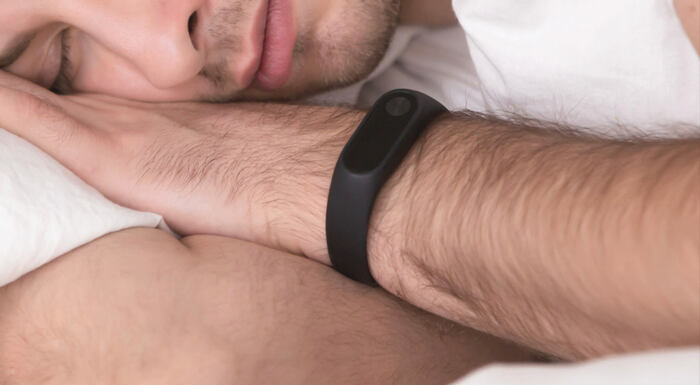One Italian in three sleeps an insufficient number of hours with consequences on the psycho-physical well-being of the body.
But today, as remembered on the occasion of World Sleep Day by the pool of doctors at the San Rossore Clinic in Pisa, the future of sleep passes through a new series of studies and discoveries.
"Artificial intelligence, through the analysis of big data, is allowing a deeper understanding of sleep, its disorders and the ways in which biological functions that are crucial for health are regulated - explains Giovanni Gravina, medical director of the facility -. AI will enable increasingly personalized and precision sleep medicine in the coming years, ensuring advances in diagnosis and better care for patients."
Among the treatments that allow us to identify the specific causes of sleep apnea and snoring (54% of the population aged between 15 and 74 suffer from them) and which sees the synergistic collaboration between the otolaryngologist and the dentist, there is the Sleep Endoscopy, an endoscopic evaluation of the patient's breathing.
"It is an important answer - explain Giovanni Menchini Fabris and Michele D'Anteo -. Through the joint activity of the ENT and dentist it is now possible to move from diagnosis to solution directly in the operating room".
Among the new features are also new studies on melatonin, which concern the right time to take the supplement - never half an hour before going to sleep - and Dormi, the medical software bracelet with an artificial intelligence algorithm for measurement and sleep data analysis.
Developed by Ugo Faraguna, neurophysiologist at the University of Pisa, it represents the first wearable telemedicine device capable of continuously monitoring sleep disorders within a 24-hour circadian cycle.
To support sleep, as suggested by nutritionists Camilla Casagrande and Ilaria De Gioia, also a correct diet and the use of supplements such as tryptophan, magnesium, potassium (which helps neuromuscular relaxation) and vitamin B6 (which assists transformation of tryptophan into melatonin), in addition to the regular practice of sporting activity.
Reproduction reserved © Copyright ANSA

